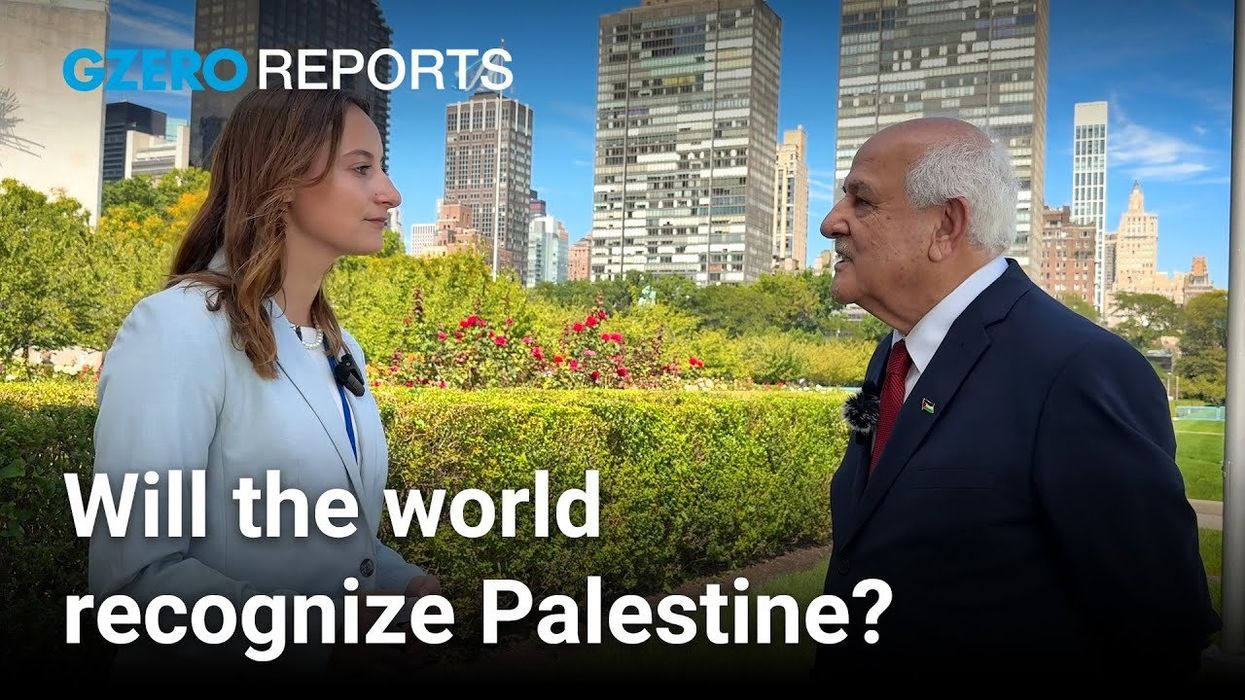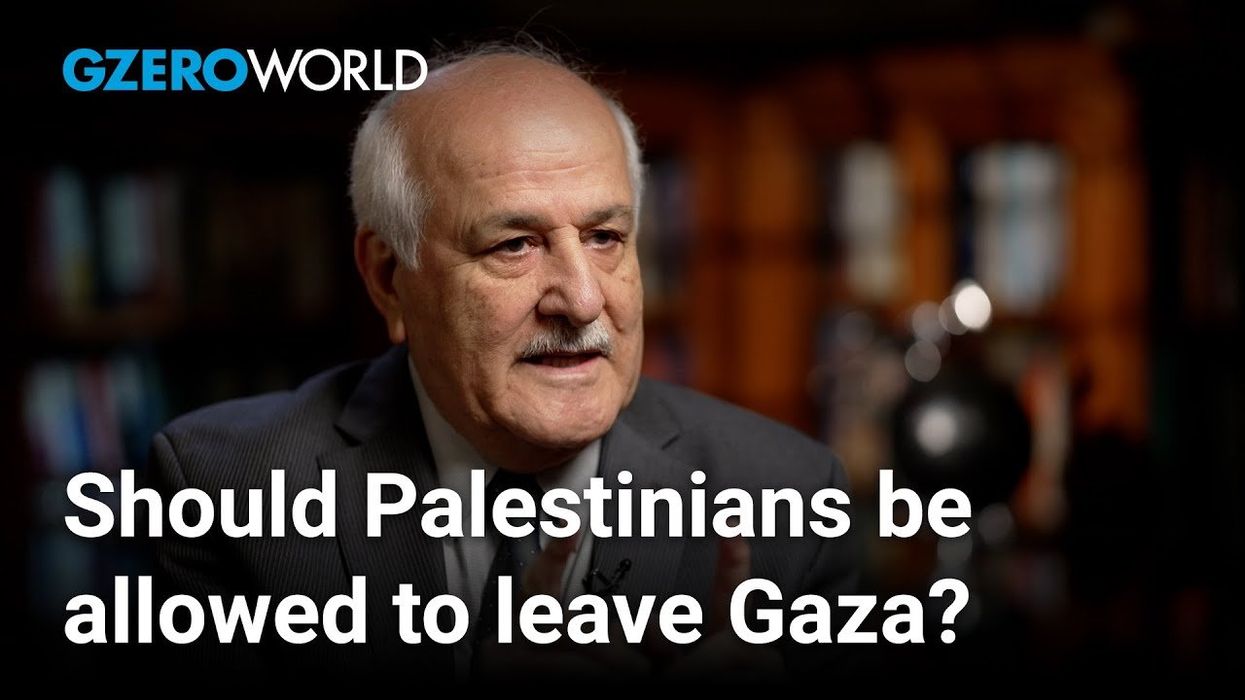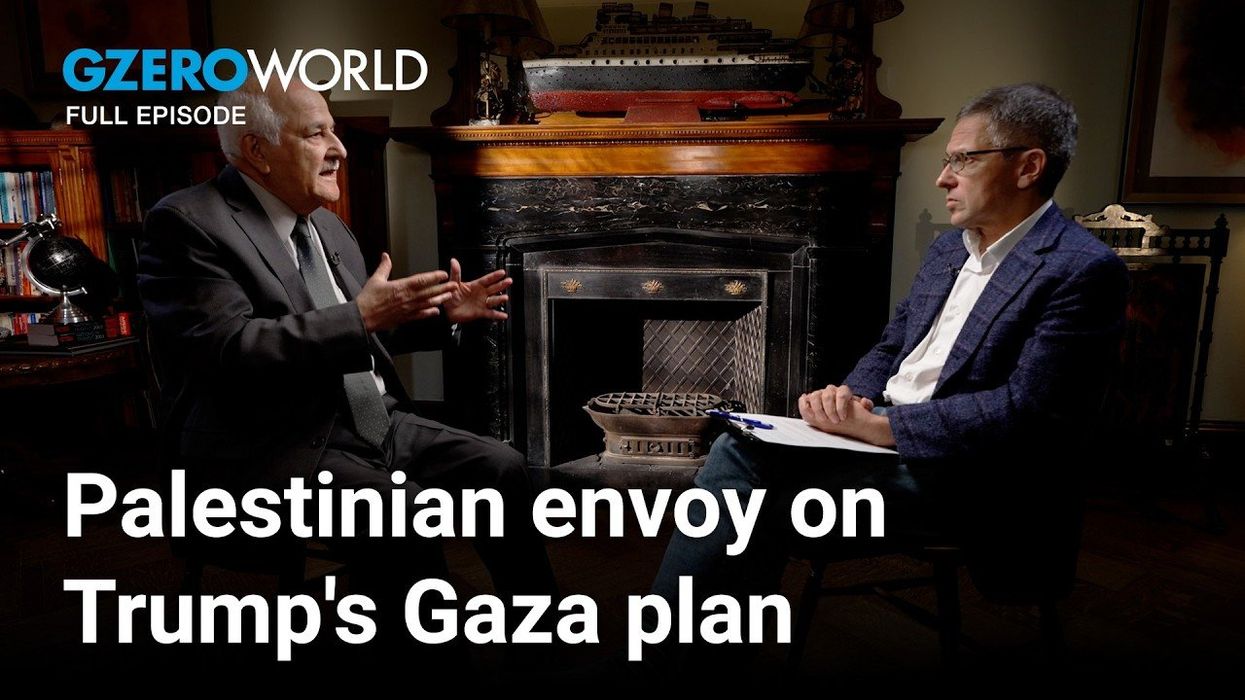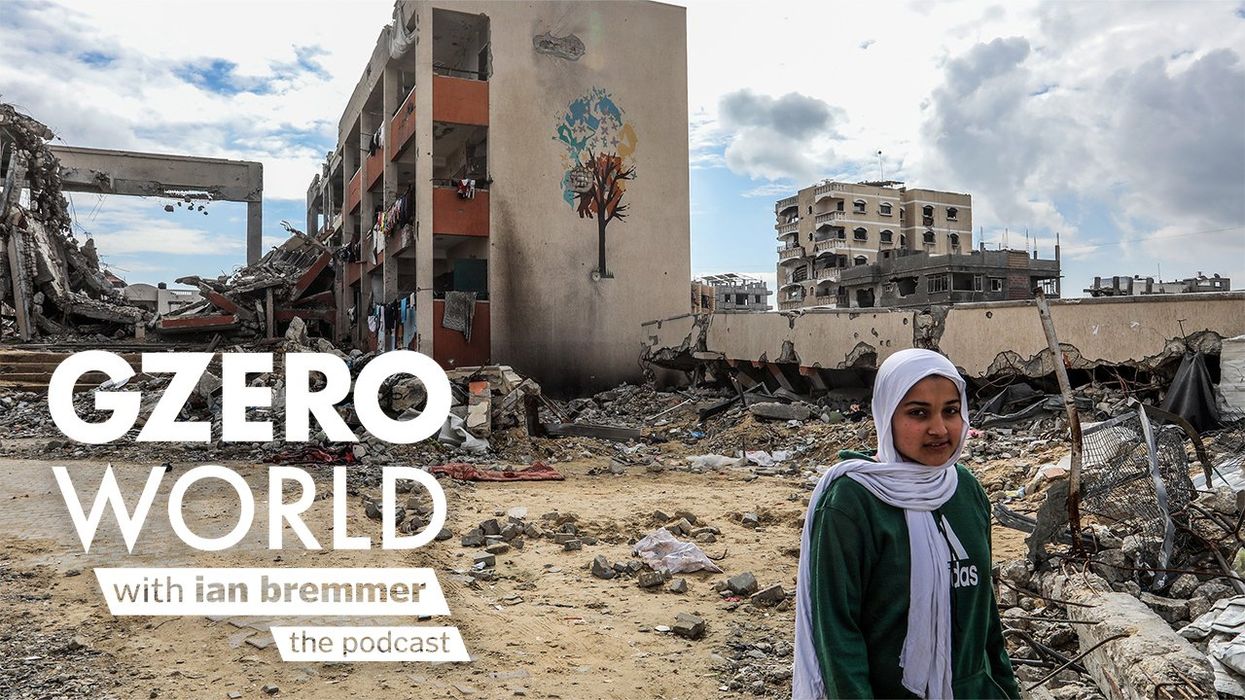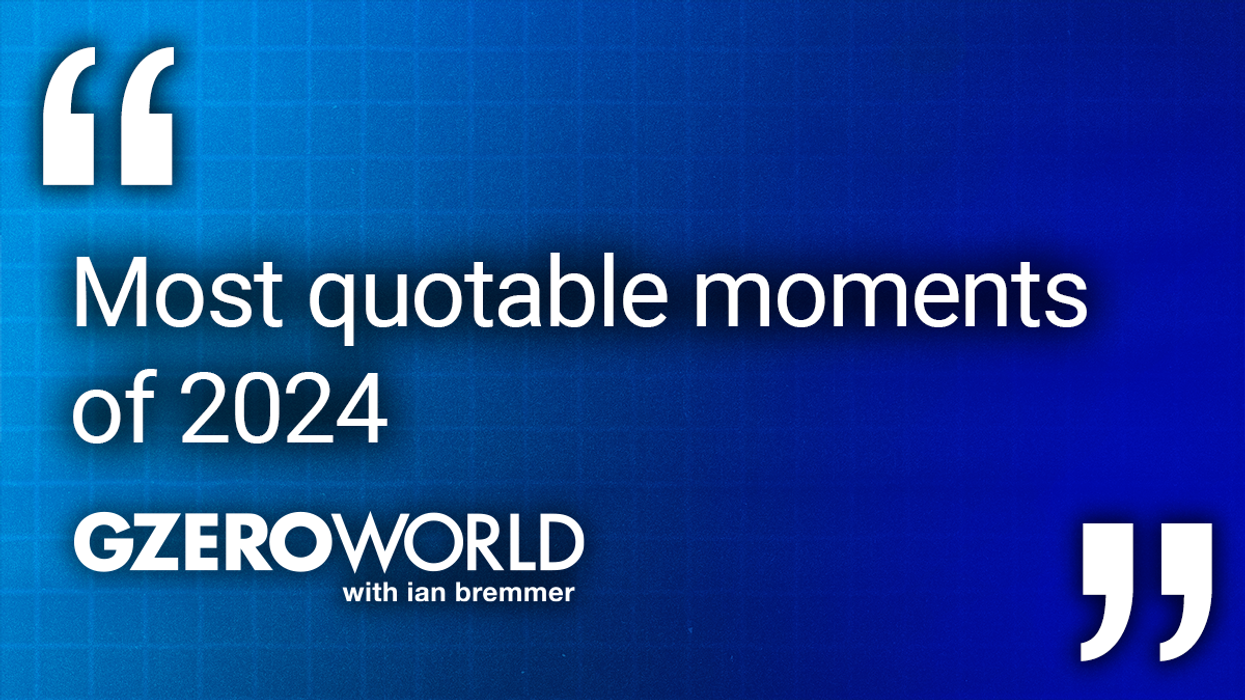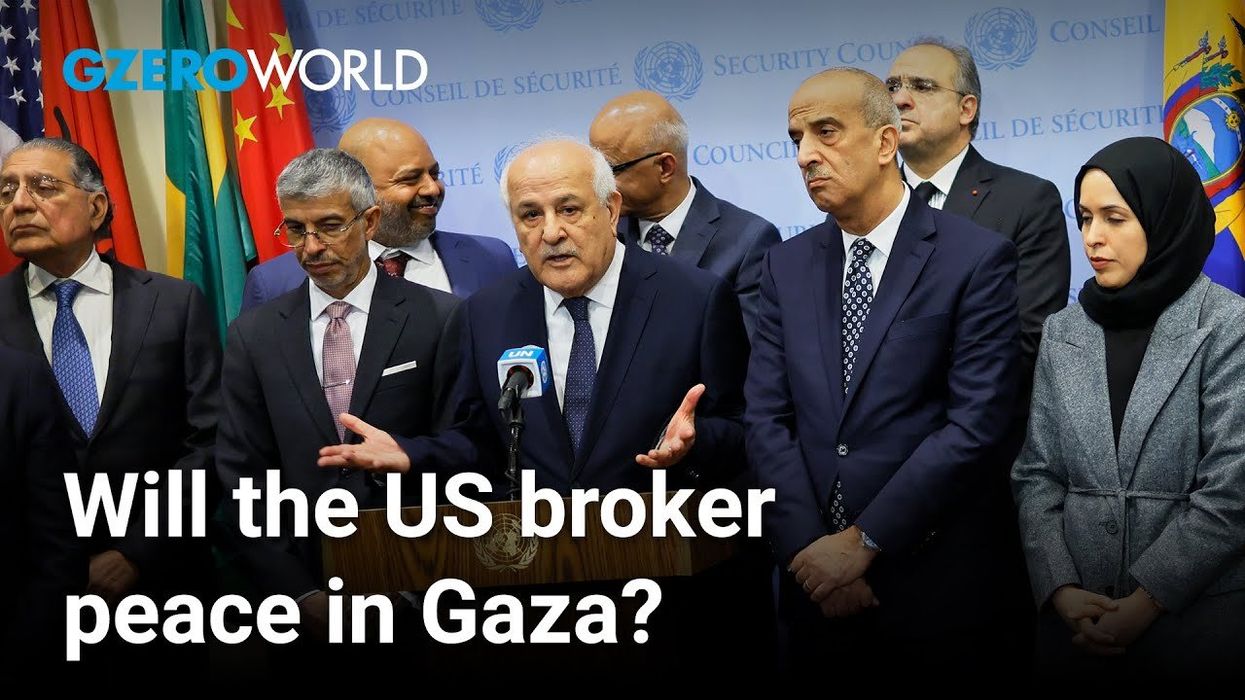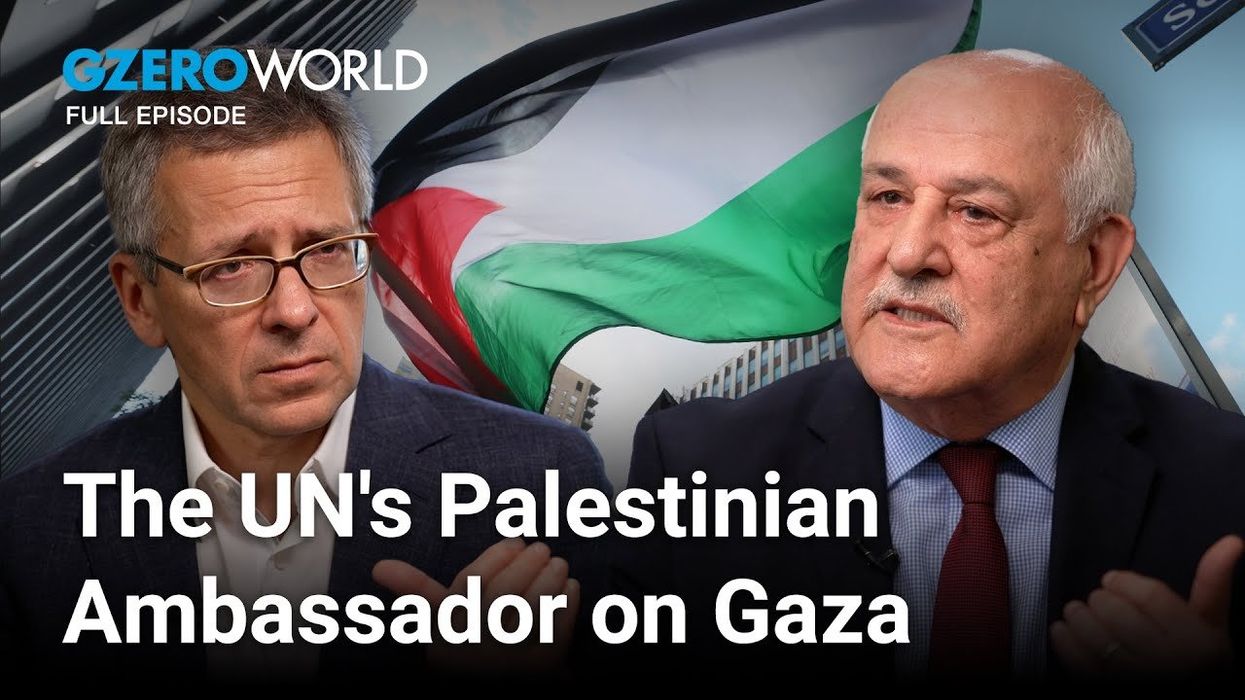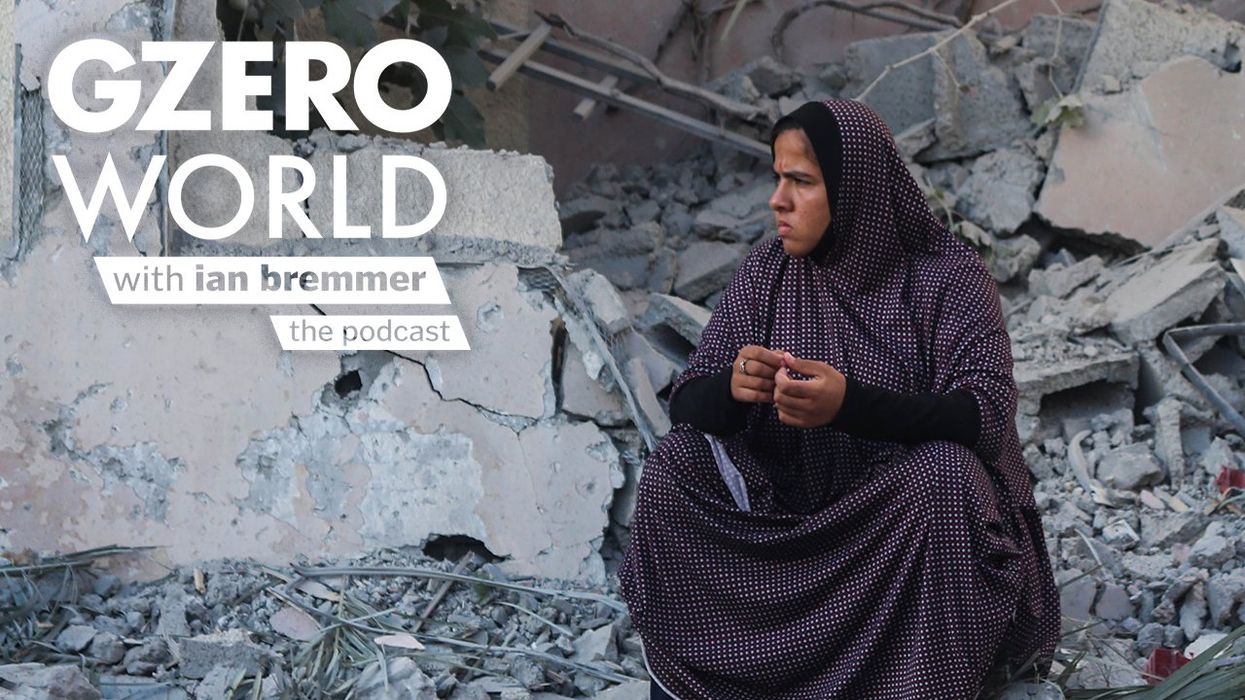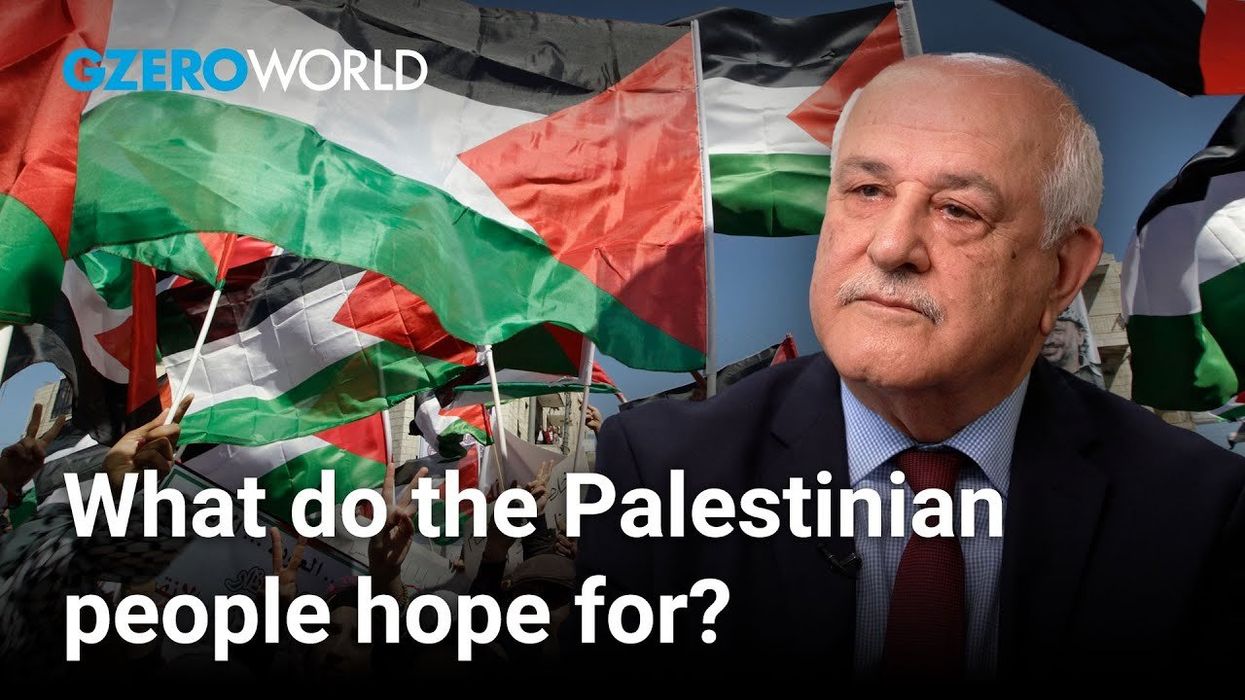GZERO Reports
Major western countries are going to recognize Palestine for the first time. Here’s why it matters.
As leaders from around the world arrive in New York for this year's United Nations General Assembly, one of the thorniest global issues hangs over the proceedings.
Sep 17, 2025
